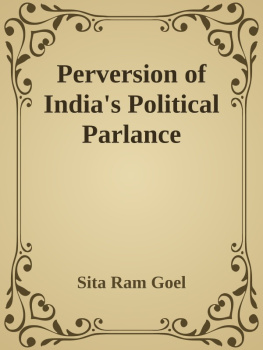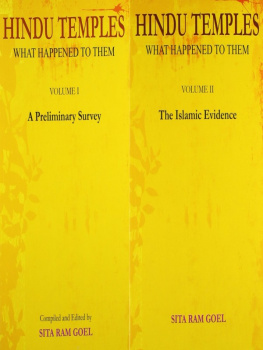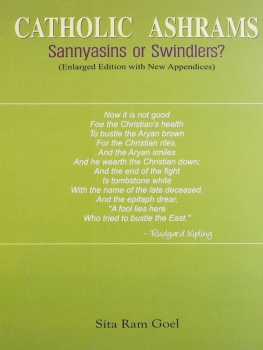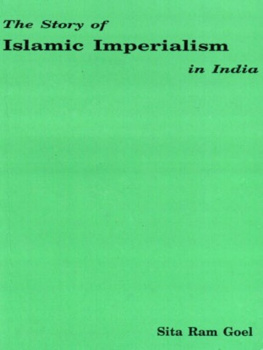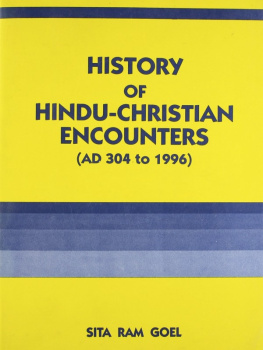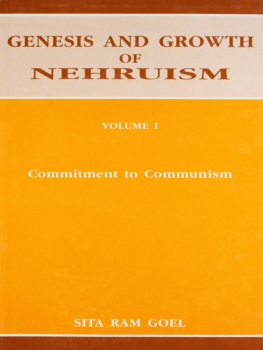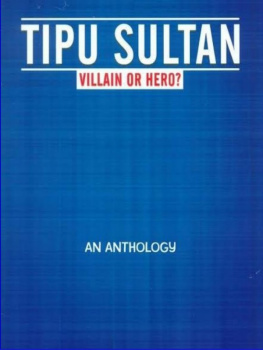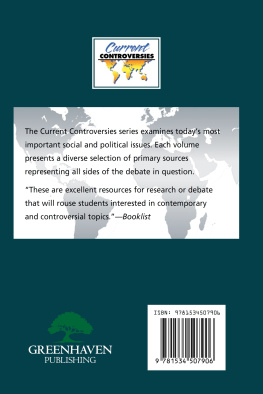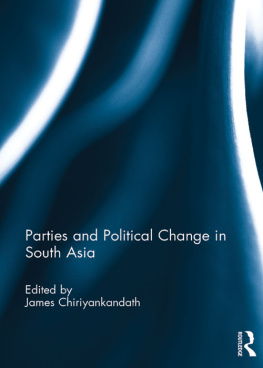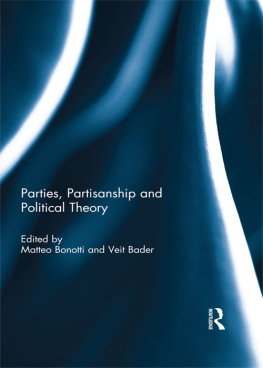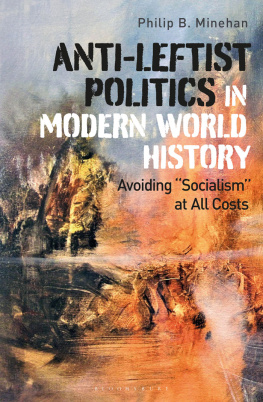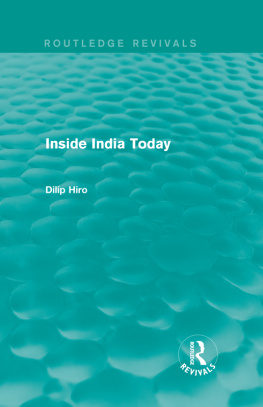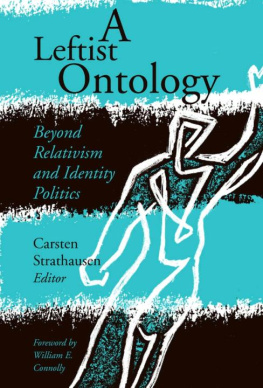CHAPTER 1 - Something Seriously Wrong Somewhere
It was the summer of 1959. I was working as secretary of an organisation of which the late Shri Jayaprakash Narayan was the president. One day an RSS leader walked into my office. I had known him for a number of years. After some small talk, he suggested that I should request J.P. to visit an RSS camp which was being held in New Delhi at that time. J.P. also happened to be in town. I was diffident about the proposition. Having worked with J.P. for more than an year, I had sensed his preferences and prejudices. But I promised to the RSS leader that I would do my best. I broached the subject to J.P. next day, as soon as I found him alone, which was a rare event. J.P. seemed to be stunned as if I had uttered an obscenity. There was an expression of displeasure on his face which made me too feel uncomfortable. He was a gentle person who seldom lost his temper. But now he seemed to be on the verge of exploding. The atmoshphere became tense. For a moment none of us could find words to break the spell of silence. At last J.P. controlled himself and said :
"Do you know what you are talking, and to whom ?" There was a touch of temper in his voice.
By now I had also managed to collect my wits to a certain extent. I said: " I knew that the suggestion would be annoying to you. Even so, I took a chance." He relaxed. I also heaved a sigh of relief. He said: "You know that I have a certain standing in the country and a certain reputation in public life. You should not expect me to get mixed up with an organisation which is known for its communal, reactionary and revivalist character." I said: " It is exactly because of your standing in the country and your reputation in public life that i have conveyed their invitation to you."
He said: " I do not understand. Could you make yourself a little more clear ?"
I explained: " Your standing in the country is that of a man of reason and your reputation rests upon the keenness of your moral sense. I am sure you will live upto that standard in this instance as well."
He said: " I try to do my best according to my understanding and strength of will. Tell me where and how I have failed."
This encouraged me and I said: " You have been practising untouchability towards a section of your own people. You have never met the RSS people face to face. You have never listened to their side of the story. Yet you have formed an unsavoury opinion about them. This does not sound reasonable to me, nor just."
He became thoughful. I continued: " Your status today is not that of a party politician seeking power and fomenting partisan strife. You have become a father figure for the nation as a whole, almost the conscience-keeper of your people. You raise your voice whwnever and wherever you feel that an injustice has been done or that justice is being denied. That is why people of all persuasions Congressmen, Socialists, Communists, Akalis, National Conference men and so on - come to you for consultation, for registering their complaints, for presenting their point of view, and for seeking your advice. You do not always agree with them. Yet you listen to them patiently and give them your advice. They do not always agree with your view of men and matters, nor always follow your advice. The points is that you are always accessible to them. You always go out and meet them whenever they invite you. It is only the RSS and allied people whom you avoid, so much so that one of their leaders could not come to you directly and had to convey an invitation through a small fry like muself. Tell me if this is not tantamount to practising untouchability." He closed his eyes and shook his head sevral times. He seemed to be engaged in some inner struggle. I pressed the point: " I am not inviting you to get mixed up with the RSS. Nor is it their intention to spread some snare for you. What they expect from a man like you is that you should try to know them first-hand rather than depend upon hearsay and political gossip in a partisan press controlled almost entirely by people who are hostile to them. May be you find that you have been mistaken about them. May be they benefit from the advice that you give them. But all this can happen only when you meet them, listen to what they have to say, tell them frankly what you feel about them and thus open the door for a fruitful dialogue in days to come. In any case, the heavens are not going to fall because you go and visit one of their camps. That is all I have to say. Rest is for you to decide." He opened his eyes, smiled somewhat sadly and said: " You have put me in a rather awkward position. But I can see the point in what you have said. I cannot easily refute your accusation. I can really be held guilty of practising untouchability."
I kept quiet and waited for him to make up his mind. He did it in a moment and said: " Okay, you win. I am willing to visit the RSS camp. Make an appointment with them and let me know. I hope tomorrow evening will suit them. Day after I am leaving Delhi."
Next day he spent nearly two hourse in the RSS camp, witnessing their mass drill, moved by their prayer of devotion to the motherland, meeting and talking to their leaders asking all sorts of questions and offering his own comments. Finally, he sat on a chair facing a group of about a hundred RSS workers from several parts of the country. The workers who sat on the ground in row after row stood up one by one to introduce themselves to their honoured guest of the evening. Each one of them told his name without mentioning any surname indicative of caste or community, his educational qualifications, the province from which he came and the years he had spent as a swayamsevaka. I could see that J.P. was highly impressed. His face which had been grim so far softened suddenly and visibly. Most of the Swayamsevakas held graduate and postgraduate degrees in arts or commerce or science. All of them were between the ages of 20 and 35.
Finally, J.P. was requested to say a few words and bless the young men. That he politely refused. He whispered to me that he was quite confused and did not really know what to say. I conveyed his feelings to the RSS leader who showed immediate understanding and did not press him any more.
As he was taking leave, J.P. looked at the Bhagwa dhwaja and observed: "That I suppose is the Maratha flag."
The RSS leader explained: "The Marathas did not invent it. They borrowed it from an older national tradition. The saffron colour has always been the colour par excellence of Indian spirituality as well as of Indian nationalism."
J.P. saids, "I do not know. I have not been a student of history. But that is what a weel-known historian told me."
The RSS leader smiled and remained silent. The parting was very warm on both sides.
On our way back J.P. muttered as if he was talking to himself: "They have a lot of young and very disciplined workers. Their workers are also highly educated. I never knew that. In our socialist movement most of our workers are not even matriculates." I kept quiet and waited for him to say something more. He made one more comment as we got out of the car at the end of our journey. He said: "sitaramji, I am grateful to you for helping me to break down what looked like an insurmountable wall. But I am not at all satisfied that it is not an attempt to revive the Maratha empire."
I could have asked him as to what was wrong with Maratha the empire. I could have also told him that the Maratha empire represented the triumph of a tough and long-drawn-out struggle against Islamic imperialism. But I was not prepared for some more frowns on his face. My version of Indian history was after all not the version which was being taught in school and college text-books all over the country. J.P. was repeating what most of our historians were saying from their august seats in universities and research institutes. According to the professors, the Mughal empire was a many-splendoured national mansion, while the Maratha confederacy was a congregation of self-seeking marauders. What was my locus standi for raising a controversy about what had come to be universally accepted in the world of learning? I was not even a school teacher.

